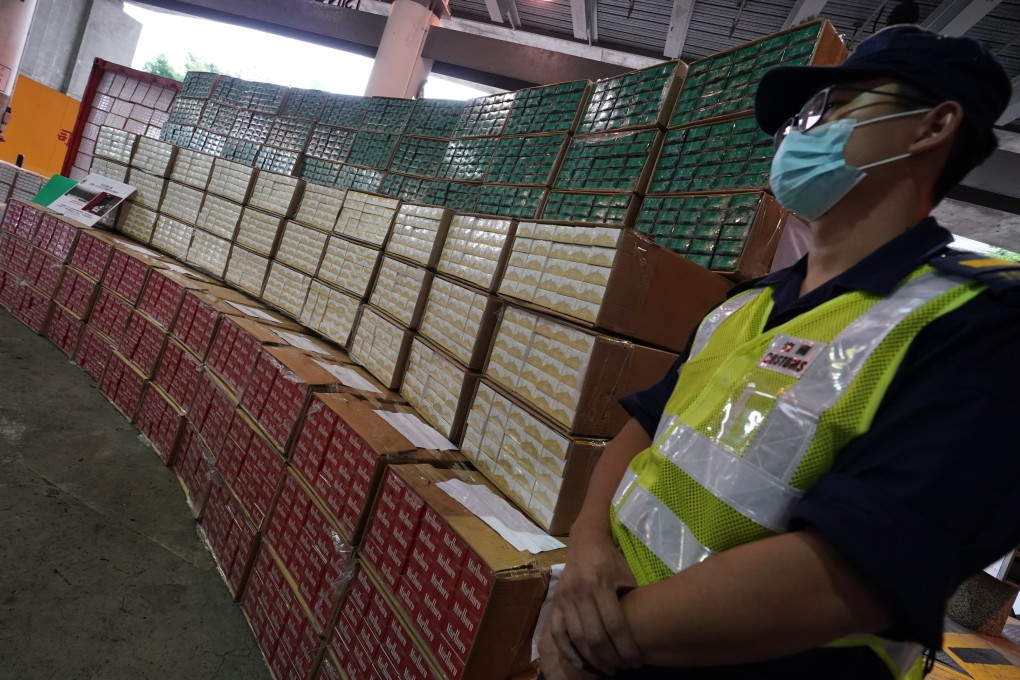Letters | One more task for Hong Kong’s incoming leader John Lee: coordinate crackdown on illegal cigarettes
- Readers call on the new administration to curb the black market in cigarettes and hasten the entry of foreign-trained doctors, and also warn of an economic recession ahead

As a Sheung Shui resident, I witnessed peddlers of illegal cigarettes distributing promotional fliers in a public housing estate. Residents who complained to the Housing Department were told to report the matter to the Customs and Excise Department.
I got in touch with Hong Kong Customs and was told the act of distributing fliers per se is not under its purview, and that I should contact the Department of Health’s Tobacco and Alcohol Control Office. However, on the Tobacco and Alcohol Control Office website, we find information on smoking cessation and no specifics about law enforcement.
Who doesn’t know smoking is bad for their health? The sad reality, however, is that many people still choose to smoke. Instead of standing on the moral high ground and staying in an ivory tower, the government should put more resources into cracking down on criminal acts. The black market in cigarettes undoes all the well-intentioned efforts to contain the harm of smoking.